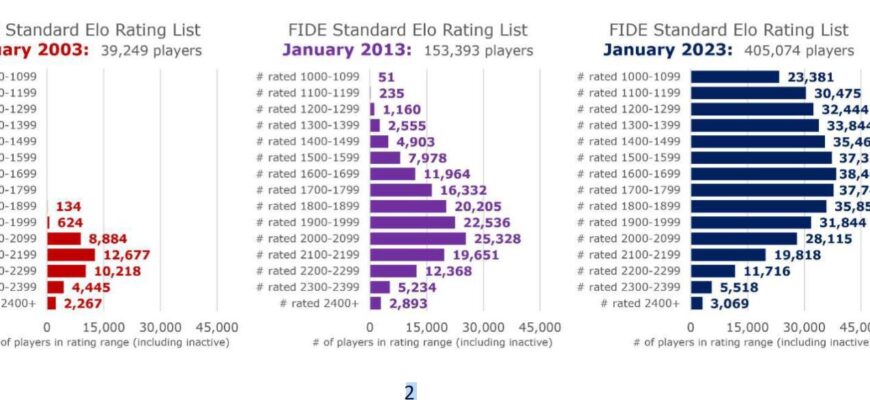In a move that could subtly but significantly shift the landscape of competitive chess, FIDE, the international chess federation, has launched a pilot project to introduce “Fast Classic” tournaments. The audacious goal? To blend the gravitas of traditional classical chess with the practical demands of modern life, allowing shorter time controls to count towards the coveted standard rating list.
The Timeless Game Meets the Ticking Clock
Chess, often hailed as the ultimate battle of wits and patience, has always been defined by its extensive time controls in the classical format. Imagine grandmasters pondering a single move for half an hour, their silent struggle unfolding over many hours, sometimes spanning an entire day. This deep, unhurried thought process is the very essence of classical chess, contributing to its strategic depth and artistic beauty.
However, in an increasingly fast-paced world, the demands of classical chess — requiring long stretches of uninterrupted time from both players and organizers — have become a notable bottleneck. Attracting new players, scheduling multiple rounds in a single day, and making tournaments accessible to a broader audience has become a genuine challenge. Traditional classical games, where a single encounter can easily run past four or even five hours, often feel like an anachronism in an era of instant gratification.
Enter the “Fast Classic”: A Bridge Between Worlds
Recognizing this evolving dynamic, FIDE is taking a calculated step forward. Their pilot project for “Fast Classic” events aims to create a viable middle ground between the lightning-quick rapid and blitz formats, and the marathon sessions of traditional classical chess. The proposed time control for these experimental tournaments is a rather precise 45 minutes per player, with a 30-second increment per move starting from move one. This isn`t just a random number; it`s a carefully considered duration designed to maintain strategic integrity while significantly reducing overall game length.
This initiative isn`t a whimsical idea; it stems from a genuine demand from players and organizers alike for a format that is both serious and competitive, yet more manageable. It`s an acknowledgment that even the most cerebral of sports must adapt to the practical realities of its participants.
The Pilot in Action: Where the Experiment Unfolds
To rigorously test this concept, FIDE has designated three specific tournaments to participate in the pilot phase:
- Qatar Cup (September 7–13)
- QCA Training Center September Tournament Classical (September 25–27)
- Women`s World Team Championship (November 17–24)
These events will operate under standard rating rules, but with crucial conditions. Notably, no title norms will be awarded during these pilot tournaments. This is a pragmatic measure, ensuring that the integrity of established titles like Grandmaster and International Master is preserved while the new format is under scrutiny. Furthermore, organizers are limited to scheduling no more than two rounds per day, preventing player fatigue and allowing ample time for reflection between games.
A Visionary`s Influence: The Seed of an Idea
The concept of this accelerated classical format isn`t entirely new. The original idea found its champion in Oleg Skvortsov, a prominent chess patron and organizer known for his work with the Zurich Chess Challenge. Skvortsov had previously advocated for events with rounds lasting approximately two to three hours, a duration that makes it entirely feasible to hold two competitive rounds in a single day. This foresight underscores a growing consensus within the chess community that a more time-efficient, yet still deeply strategic, format is not just desirable but increasingly necessary.
The Road Ahead: Cautious Optimism
FIDE, understanding the potential impact of such a change, is approaching this matter with commendable responsibility. The pilot events are not merely tournaments; they are real-world laboratories. Upon their conclusion, the federation plans a thorough analysis of the outcomes, diligently gathering feedback from all participants – players, arbiters, and organizers. Only after this comprehensive evaluation will a definitive decision be made regarding the broader implementation of “Fast Classic” as a standard rating category.
This initiative represents more than just a minor tweak to the rules; it`s a thoughtful evolution. It showcases FIDE`s commitment to ensuring chess remains vibrant and accessible, balancing its rich traditions with the undeniable currents of modernity. The “Fast Classic” might just be the opening move in a grander strategy to bring competitive chess to an even wider audience, proving that sometimes, even in a game of timeless strategy, a little speed can be a very good thing.








